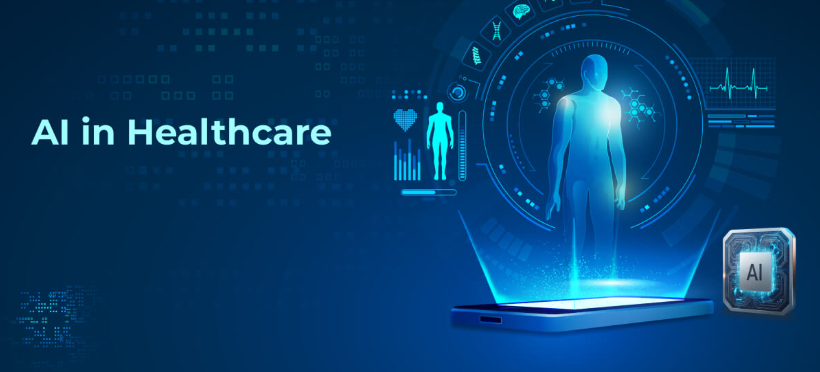The future of diagnosis, treatment, and trust is taking shape today—and HIMSS26 is where that progress gains momentum.
AI in healthcare has moved past the hype. By 2025, it is firmly integrated into clinical decision-making—powering everything from diagnostics and risk prediction to workflow optimization and real-time patient insights.
As physicians, hospitals, and payers navigate shifting care models and increasing data complexity, AI is emerging as a vital ally in driving improved outcomes. HIMSS25 demonstrated the rapid pace of this evolution, and HIMSS26 will serve as the next pivotal platform for collaboration, innovation, and action across the industry.
AI in Clinical Decision-Making: Evolving from Support to Strategy
Healthcare has long possessed abundant data but lacked actionable insights—that’s now changing. Modern AI tools go beyond decision support, becoming an integral part of clinical infrastructure and shaping care in real time.
Recent advancements highlight this growing momentum:
- At the University of Cambridge, an AI tool is enabling pathologists to diagnose coeliac disease in seconds instead of minutes, helping reduce backlogs and speed up patient care.
- In New York City, ScopeAI is facilitating physician-guided diagnostics for gig economy workers, expanding access to care without the need for traditional appointments.
- At Penn Medicine, AI is identifying long COVID care needs by analyzing hospital system data, allowing clinicians to assess patient risks more efficiently.
- Wearable AI technology is providing clinicians with real-time decision support through continuous patient monitoring, redefining the approach to proactive care.
AI for Doctors: A Partner, Not a Replacement
For physicians, AI’s true strength is in augmentation—providing an added layer of insight that enables quicker, safer, and more assured decision-making.
AI-powered tools for doctors now help with:
- Analyzing unstructured clinical notes using natural language processing (NLP)
- Forecasting potential adverse events in acute care settings
- Providing evidence-based treatment recommendations directly at the point of care
Crucially, these technologies are becoming increasingly intuitive and transparent. The aim isn’t to replace clinicians but to equip them with reliable insights they can confidently use, act upon, and communicate to their patients.
Hospitals and Payers Adopting Clinical AI
AI adoption is no longer just a clinical trend—it’s becoming a system-wide strategy.
Hospitals are leveraging AI to enhance patient flow, lower readmission rates, and improve diagnostic precision in areas like radiology, pathology, and chronic disease management. At the same time, payers are utilizing AI to advance value-based care models, ensure guideline-aligned treatment, and close care gaps in high-risk populations.
The shift is global as well—Treatment.com AI recently announced an international partnership to expand clinical decision support in China and the Far East, underscoring how AI’s impact is reaching far beyond the U.S. market.
The AI in Action Forum
At HIMSS25, AI was in the spotlight. From packed educational sessions to interactive demos on the exhibit floor, the discussion shifted from “What if?” to “What’s next?”
The HIMSS Global Health Conference & Exhibition continues to shape the global dialogue on AI in healthcare—highlighting proven successes while urging the industry to advance more rapidly and responsibly.
That momentum is set to build at HIMSS26, where AI and clinical decision-making will remain central themes across sessions, panels, and the Innovation Pavilion. Leaders from health systems, startups, and governments worldwide will come together to explore how AI can:
- Enhance diagnostic accuracy and confidence
- Minimize bias in clinical decision-making
- Provide scalable and equitable care delivery models
- Promote physician well-being and better workload management
A More Intelligent Standard of Care Is Taking Shape
The future of clinical care is built not only on advanced tools but also on trust. As AI grows more powerful and interconnected, the leaders in this space will be those who remain anchored in clinician expertise, patient priorities, and transformative system-wide change.
The HIMSS Global Health Conference & Exhibition is playing a pivotal role in shaping that future. By bringing together leading voices in digital health, policy, and practice, HIMSS26 will push the conversation forward and define what AI-driven care can truly achieve.



















